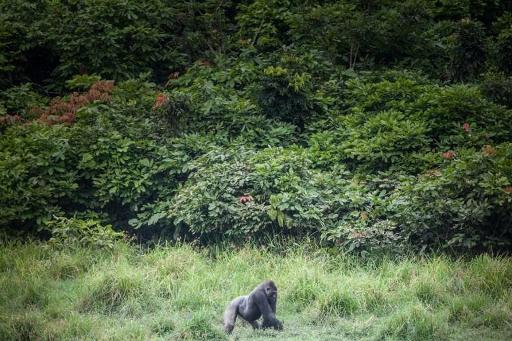Forest-dwelling wildlife populations have decreased worldwide by close to 53% since 1970, the World Wildlife Fund (WWF) notes in a report released on Tuesday.
The decline is largely due to the man’s destruction of the forests these animals need for their survival.
WWF, the UN Environment Programme and the Zoological Society of London studied 268 species of vertebrates and 455 forest-dwelling wildlife populations for the report, titled “Below The Canopy”.
“The health of forest species is intrinsically linked to the health of forests overall – and the health of people and the planet,” the report notes, explaining that these species “provide essential functions, such as pollinating and dispersing seeds, to keep forests healthy.”
Without these animals, many tree species could disappear, explained Susanne Winter, who headed the research programme.
In addition to deforestation, epidemics, parasite invasions and global warming contribute to the decline in forest-dwelling wildlife populations.
However, the population of some species, such as Central and East African gorillas, has increased slightly, WWF notes in its report.
In Belgium, the Royal Forest Society and the Department for the Study of the Natural and Agricultural Environment in the Walloon Region note that the wildlife population is fairly stable, especially that of large game and insects. However, they have noted an increase in various diseases affecting trees, whereas the preservation of forest flora and fauna is of capital importance in the fight against global warming.
The Brussels Times

